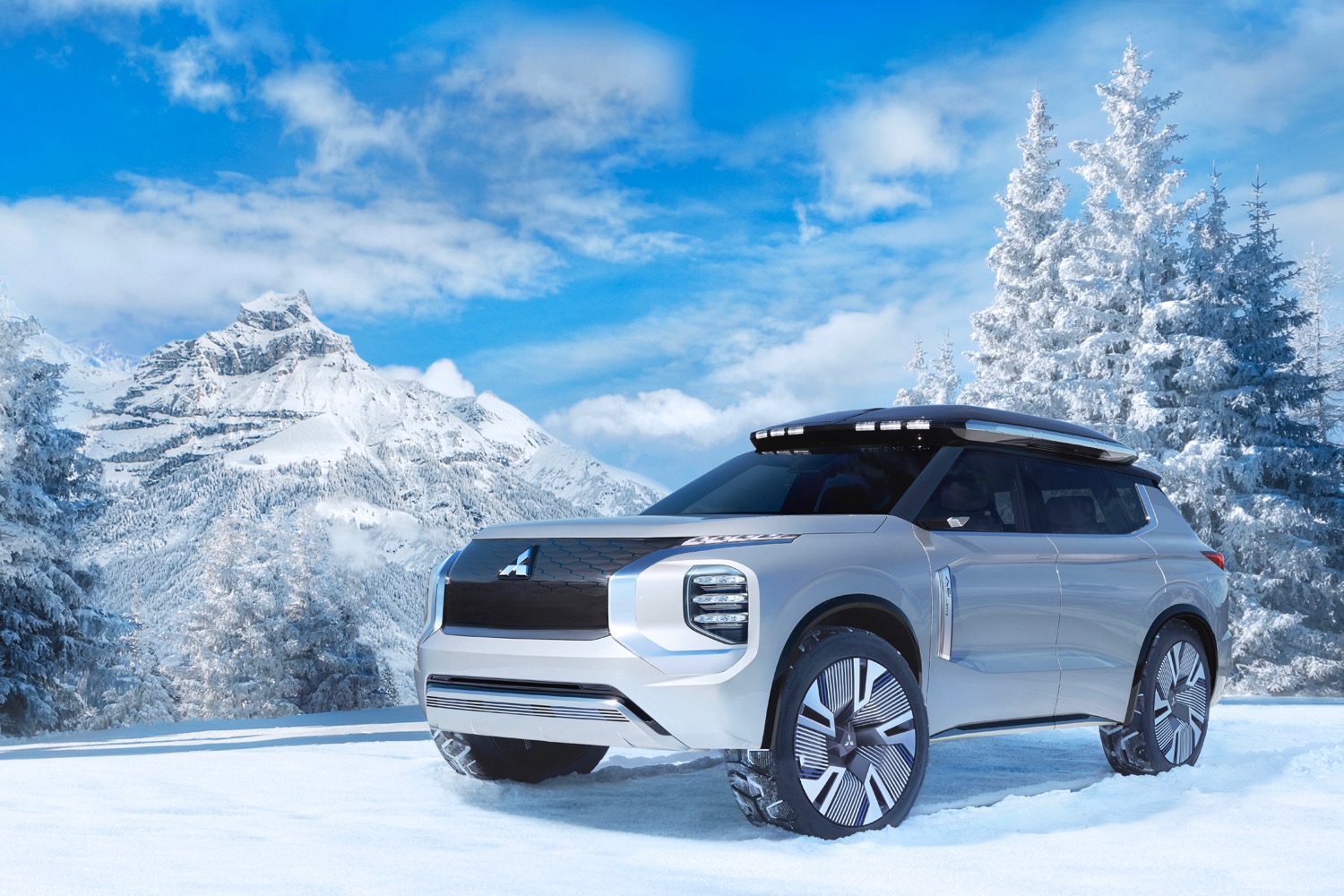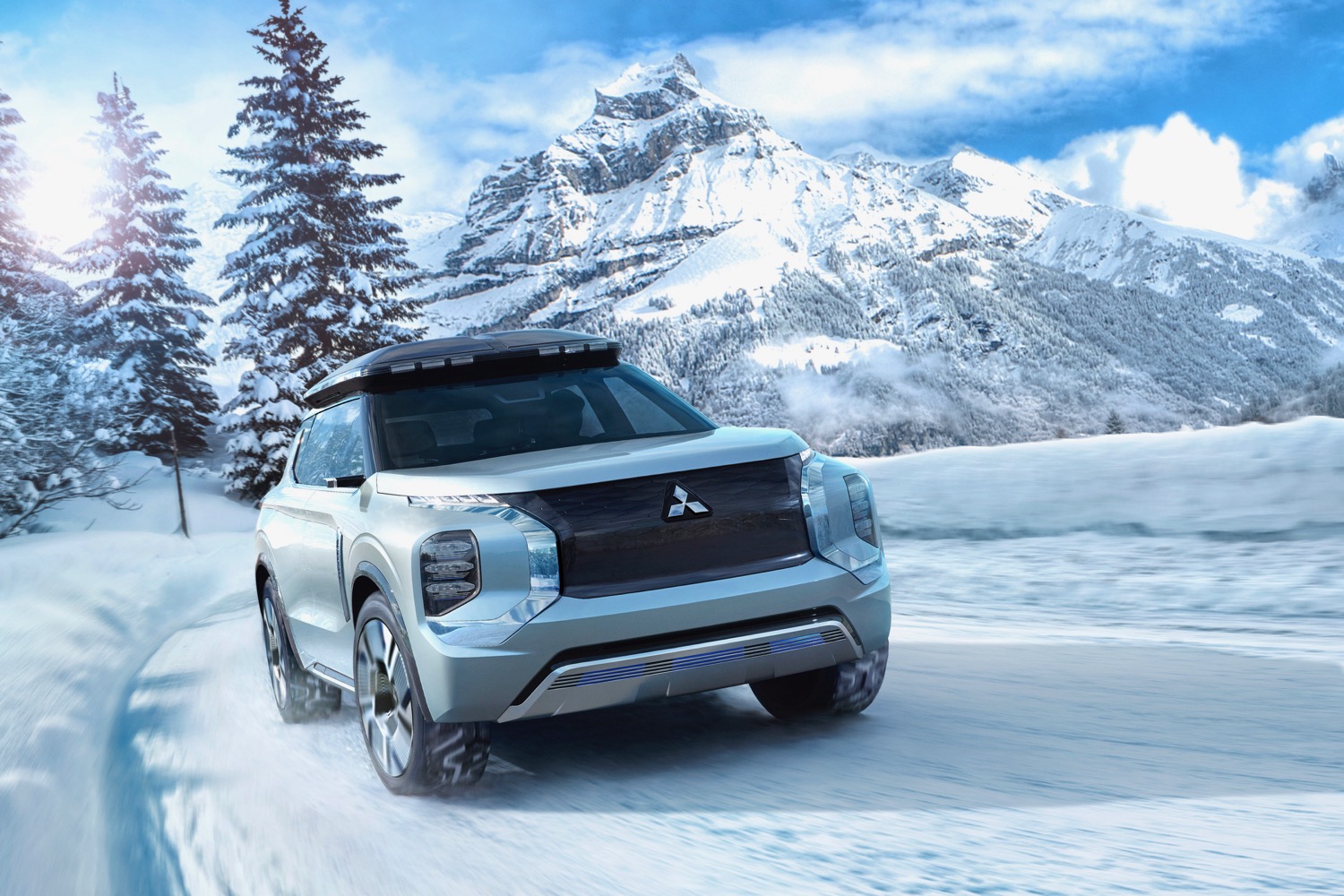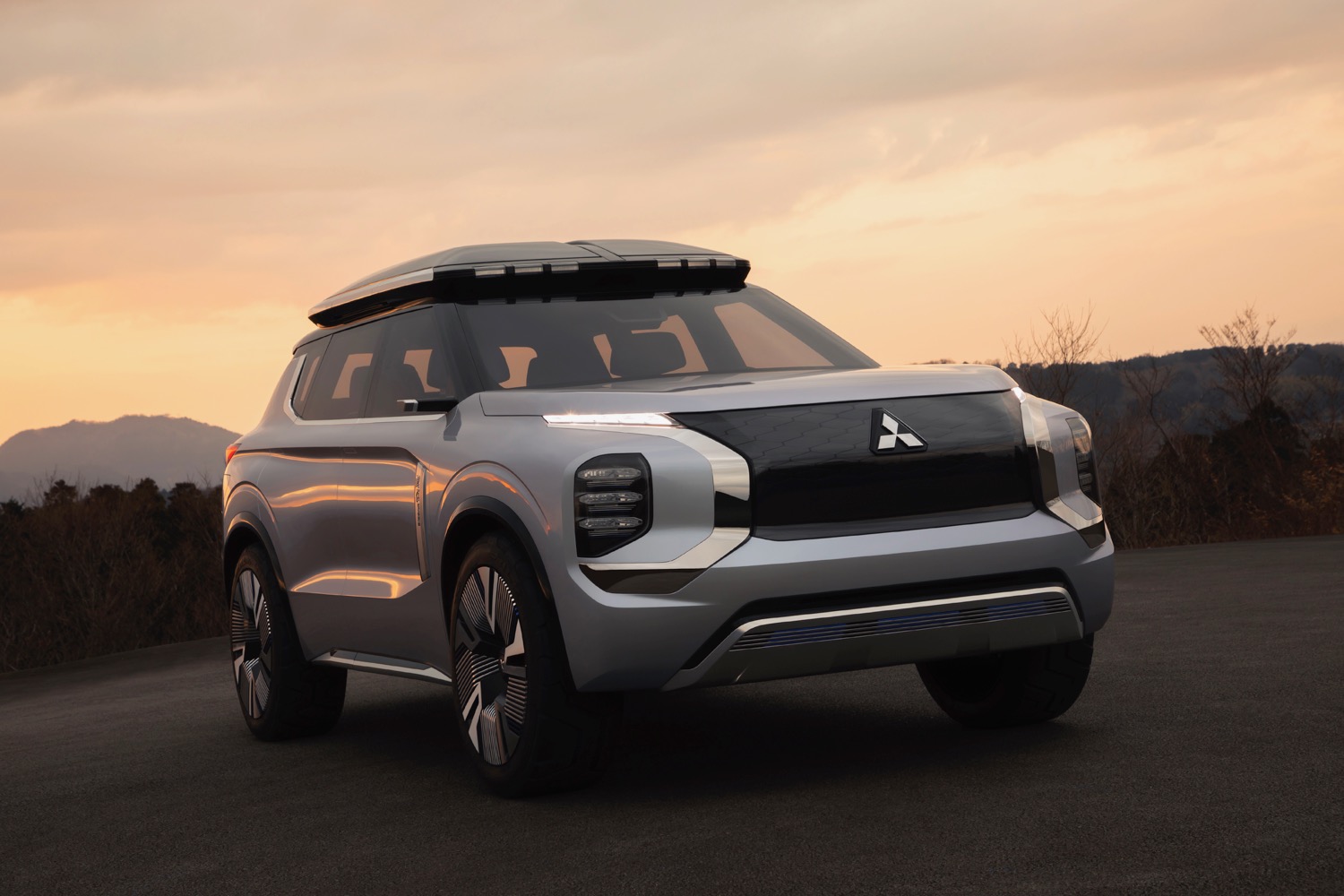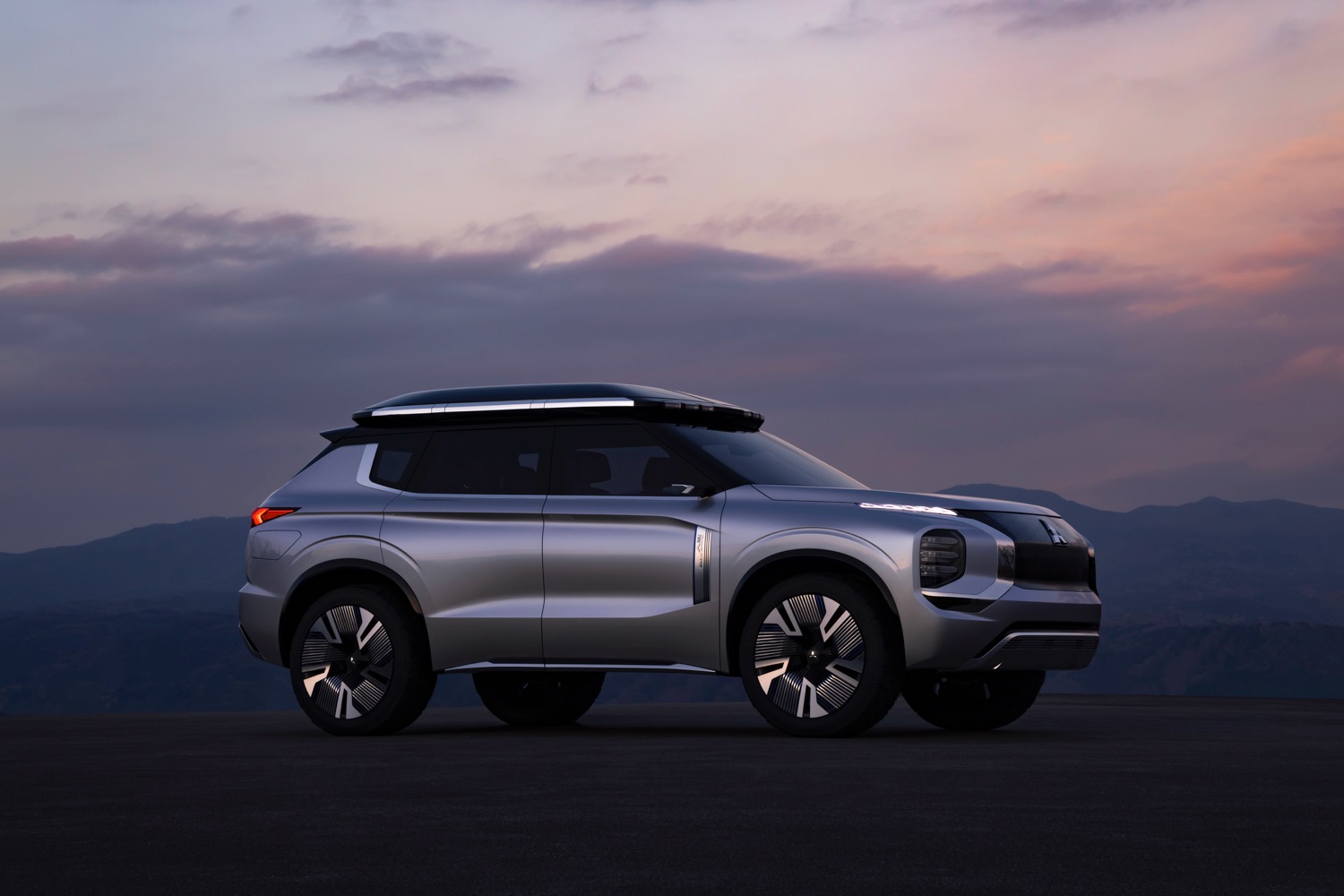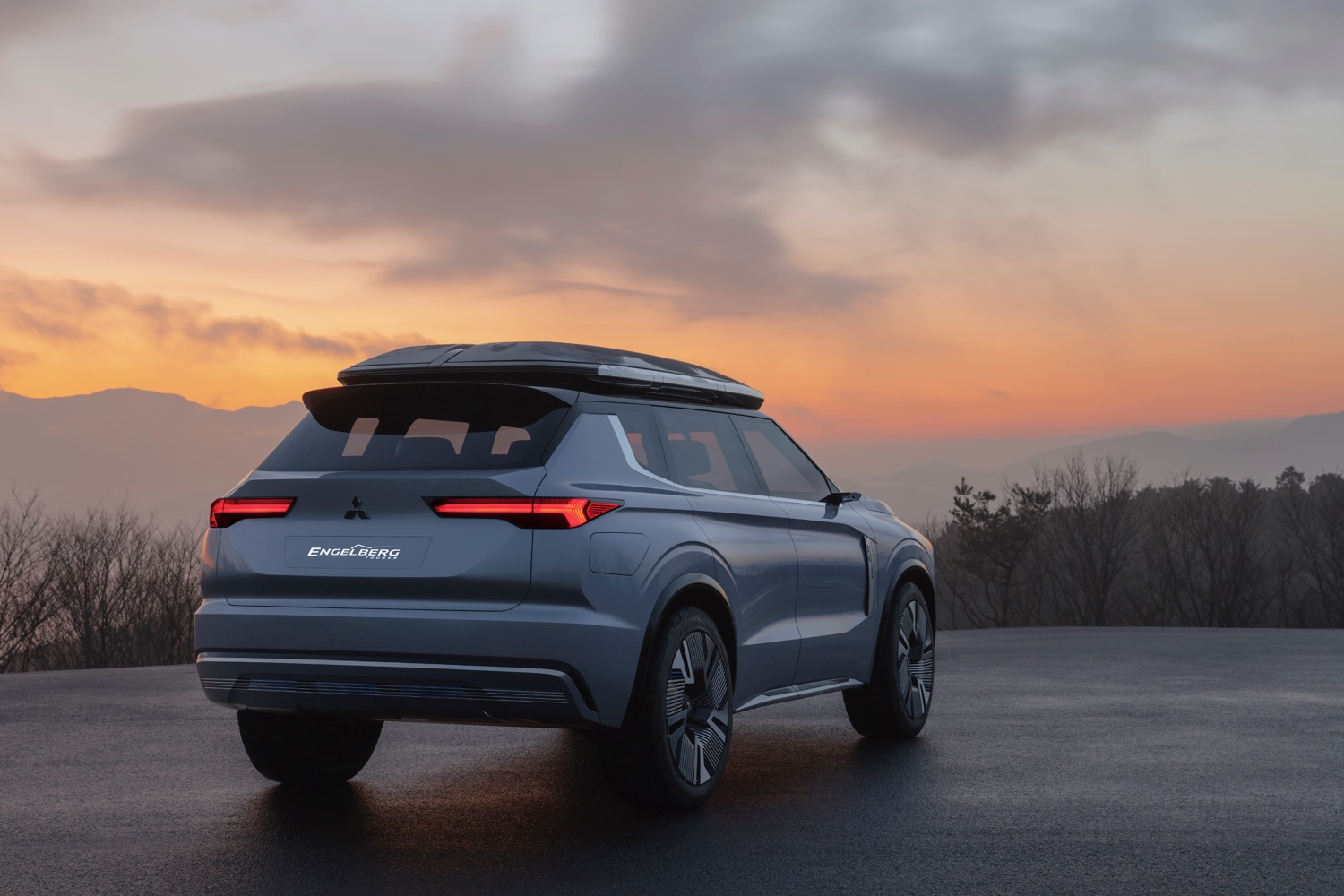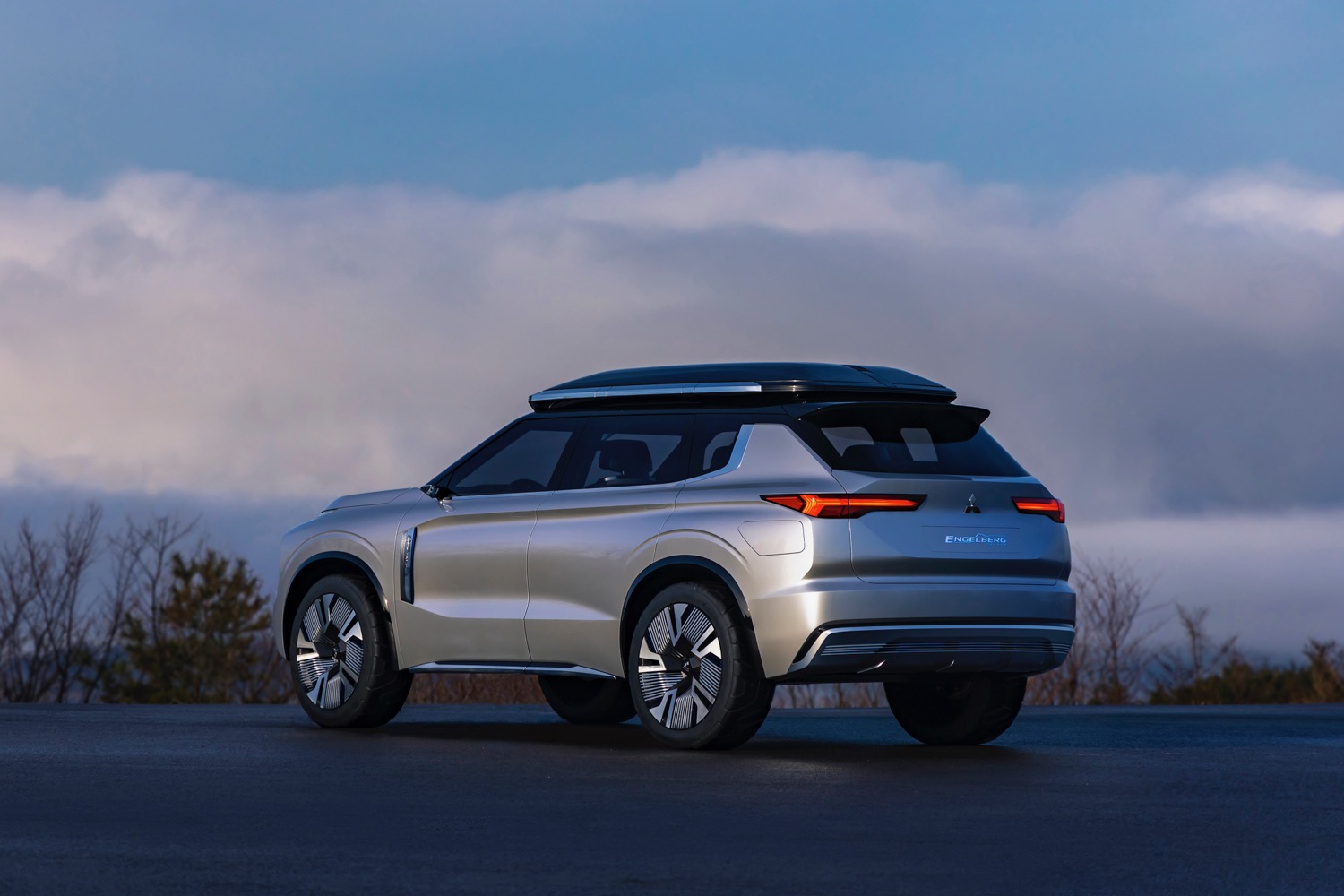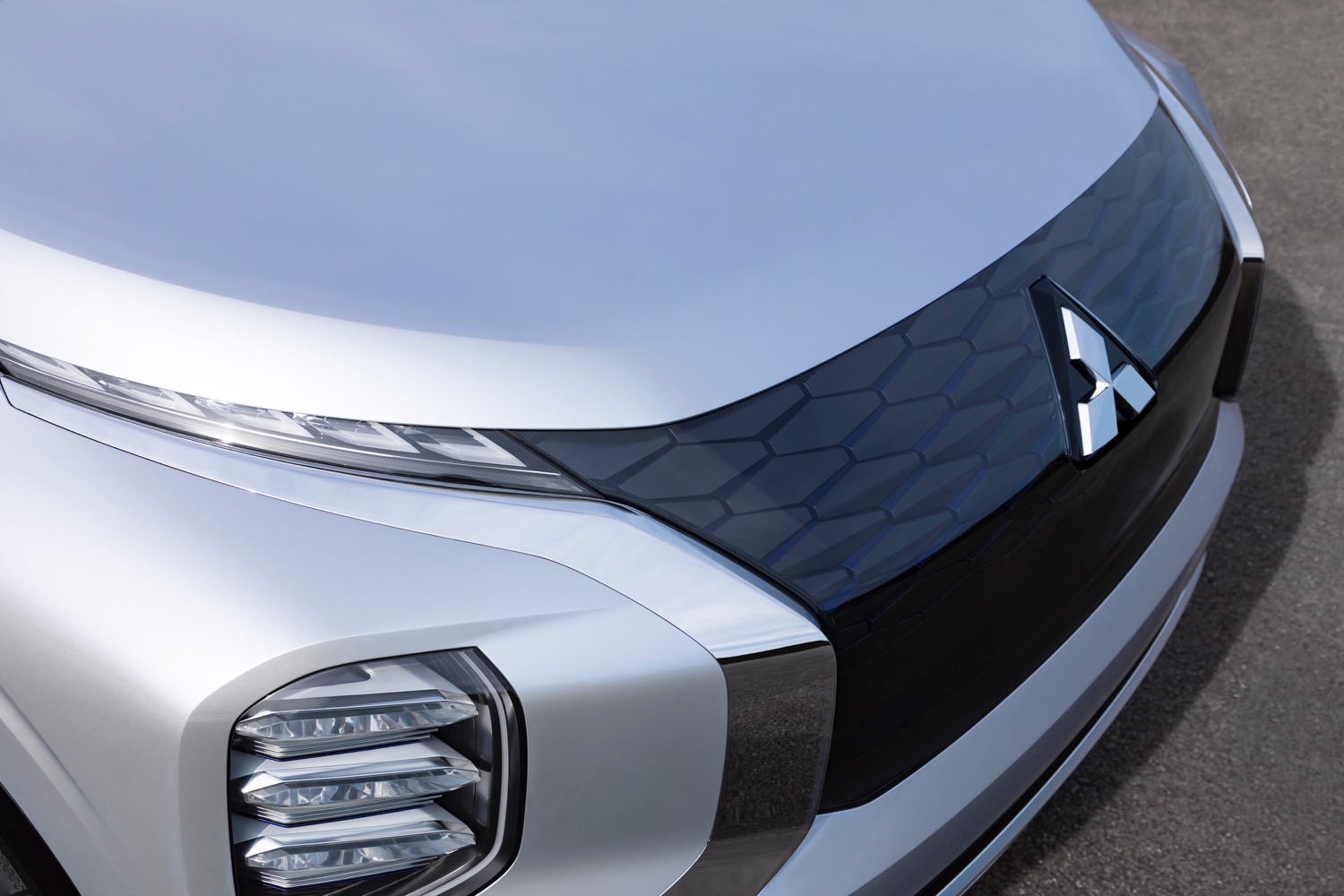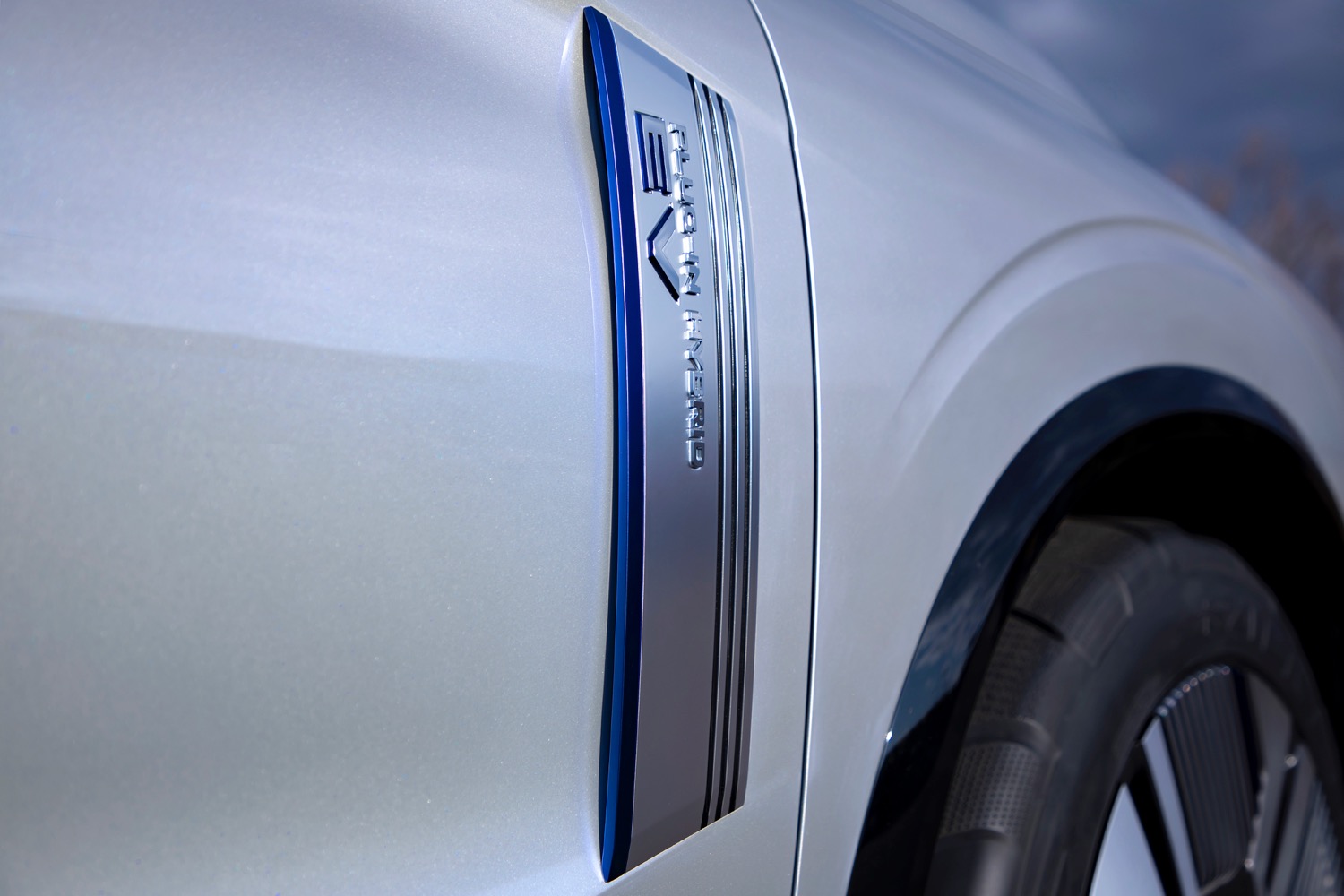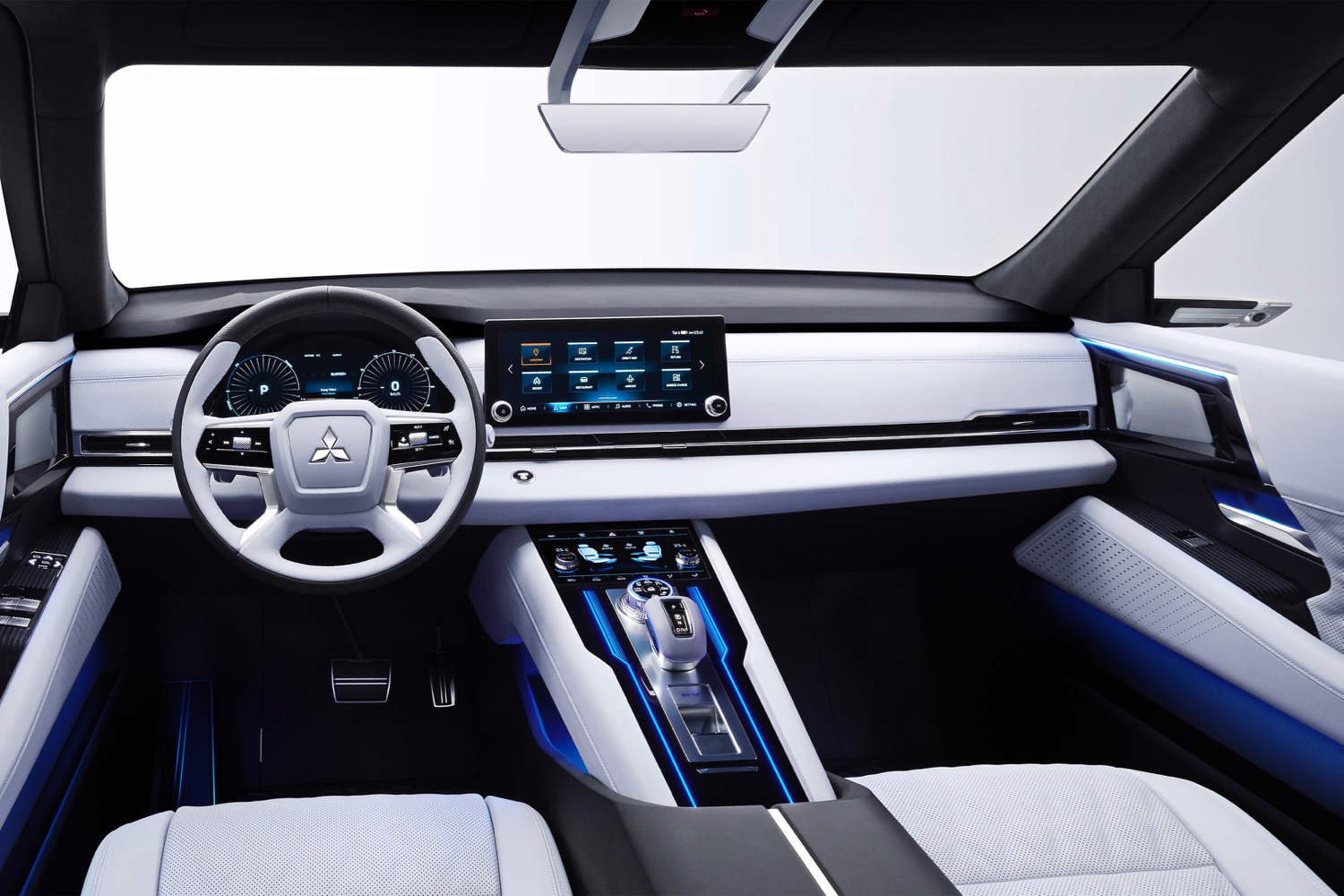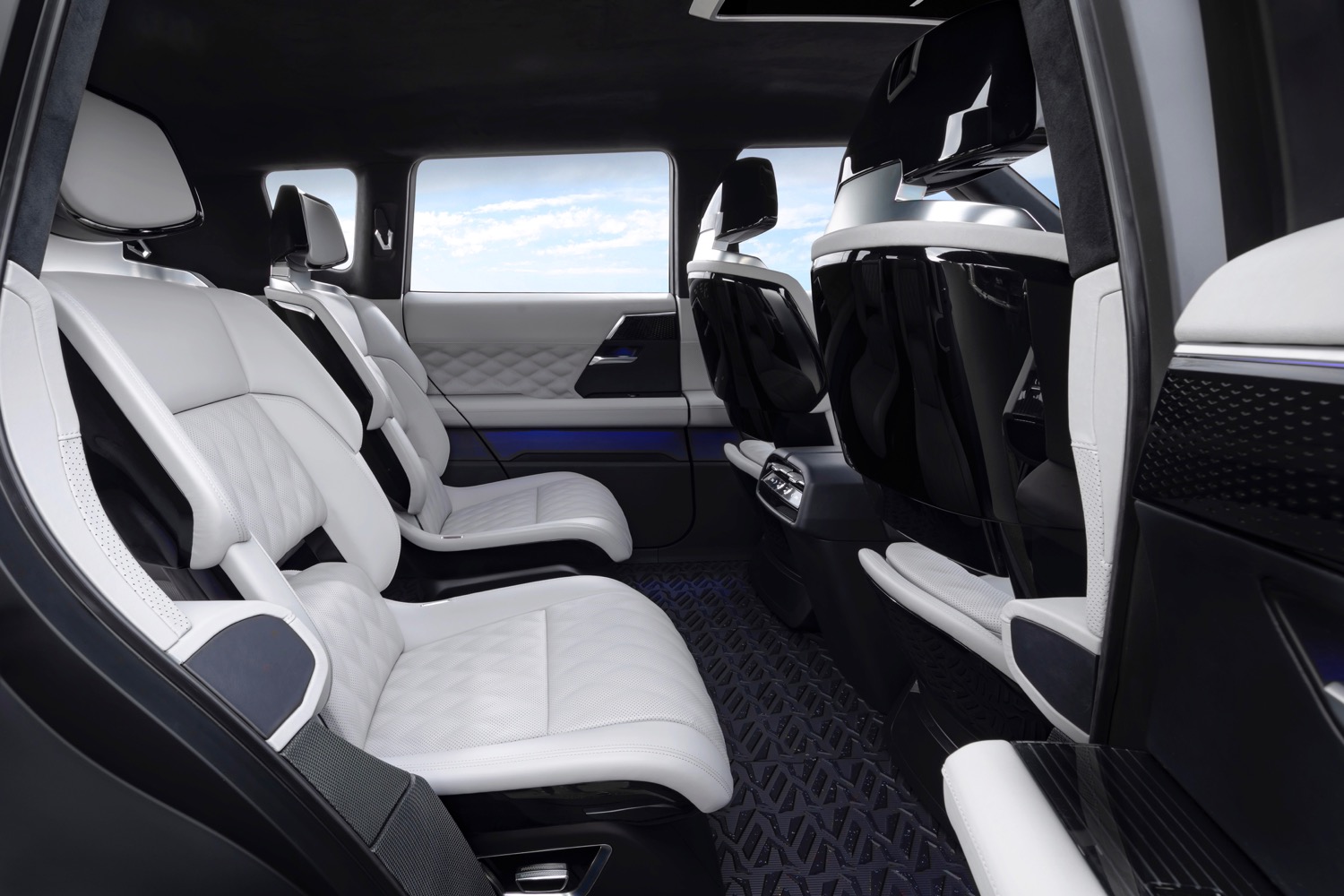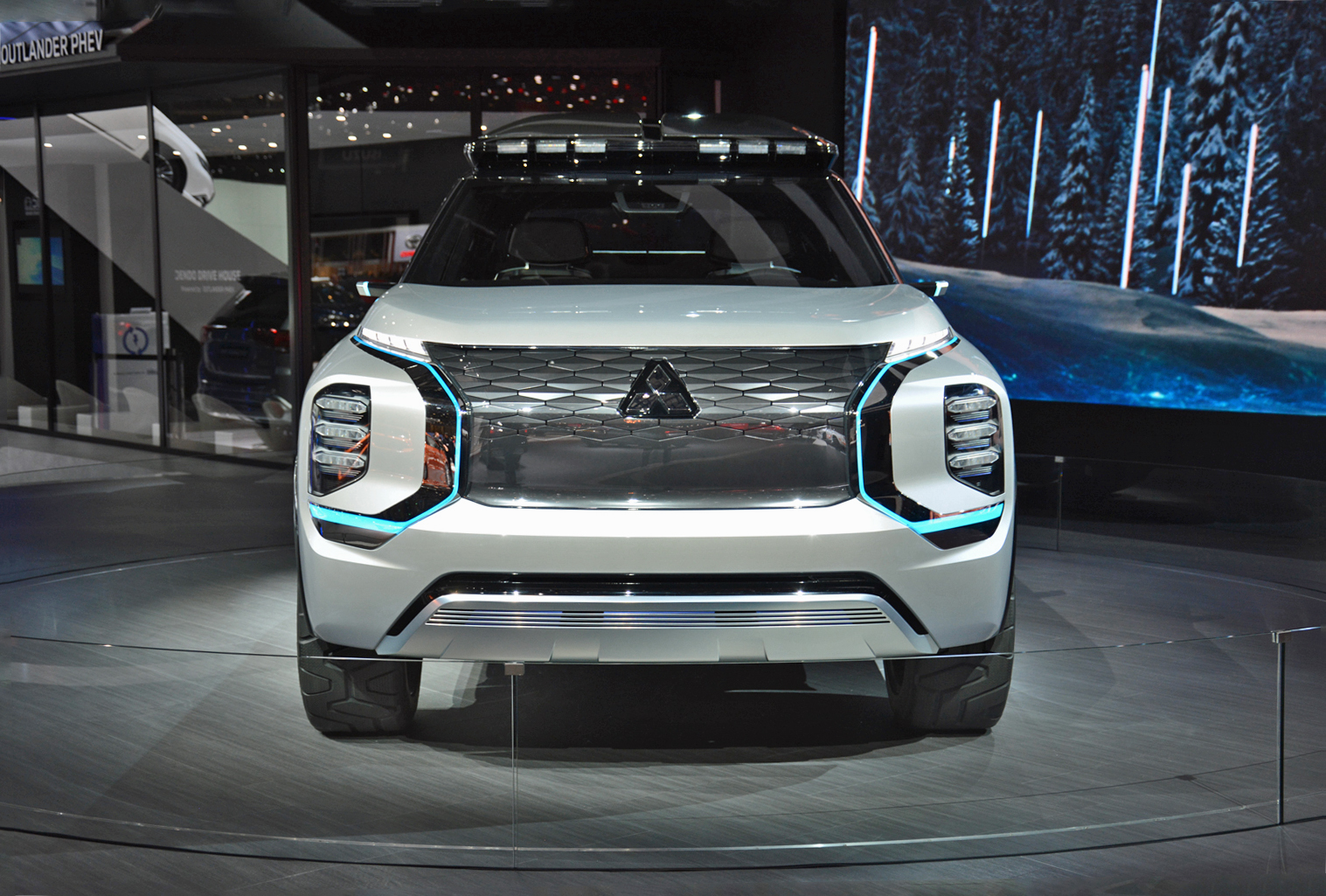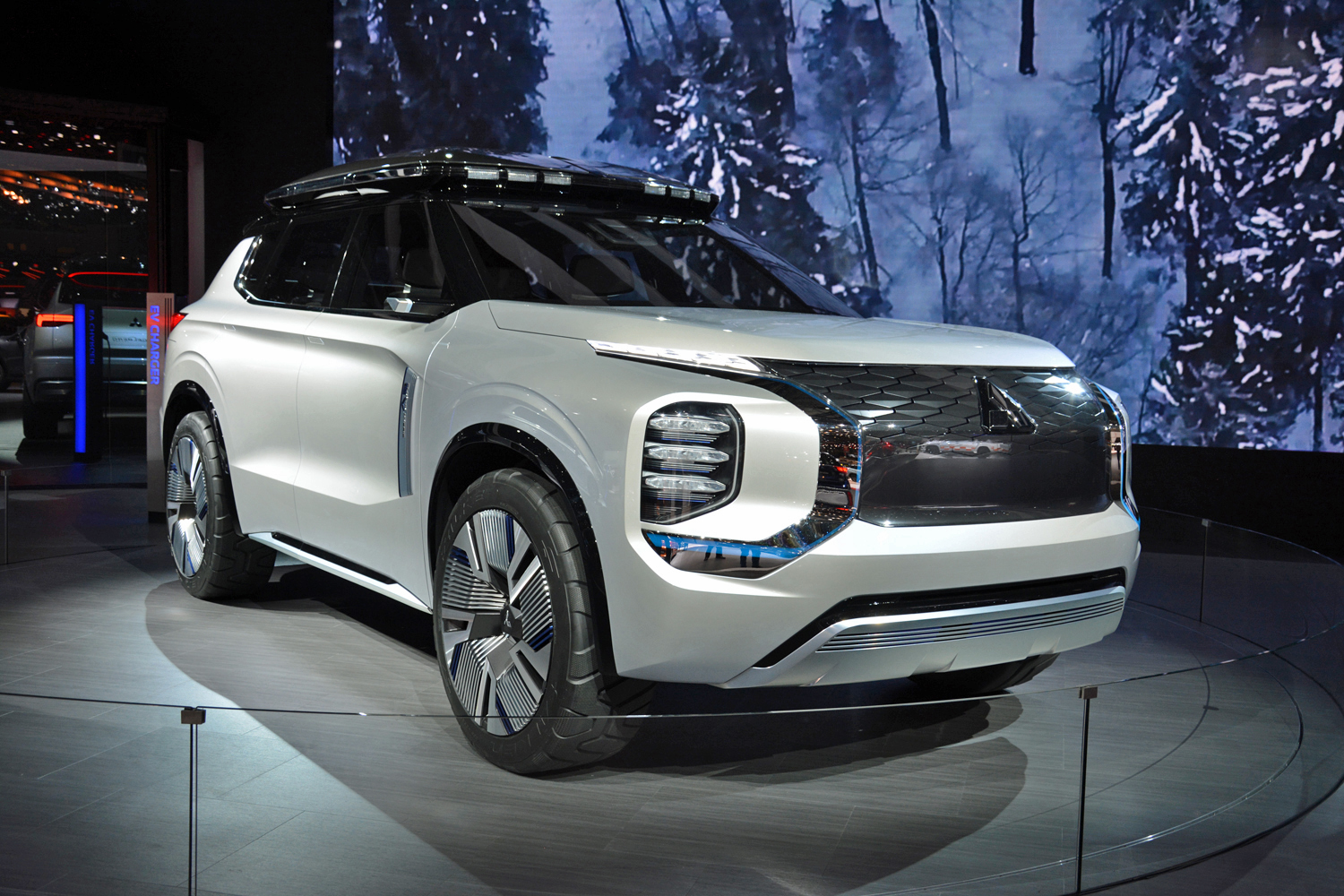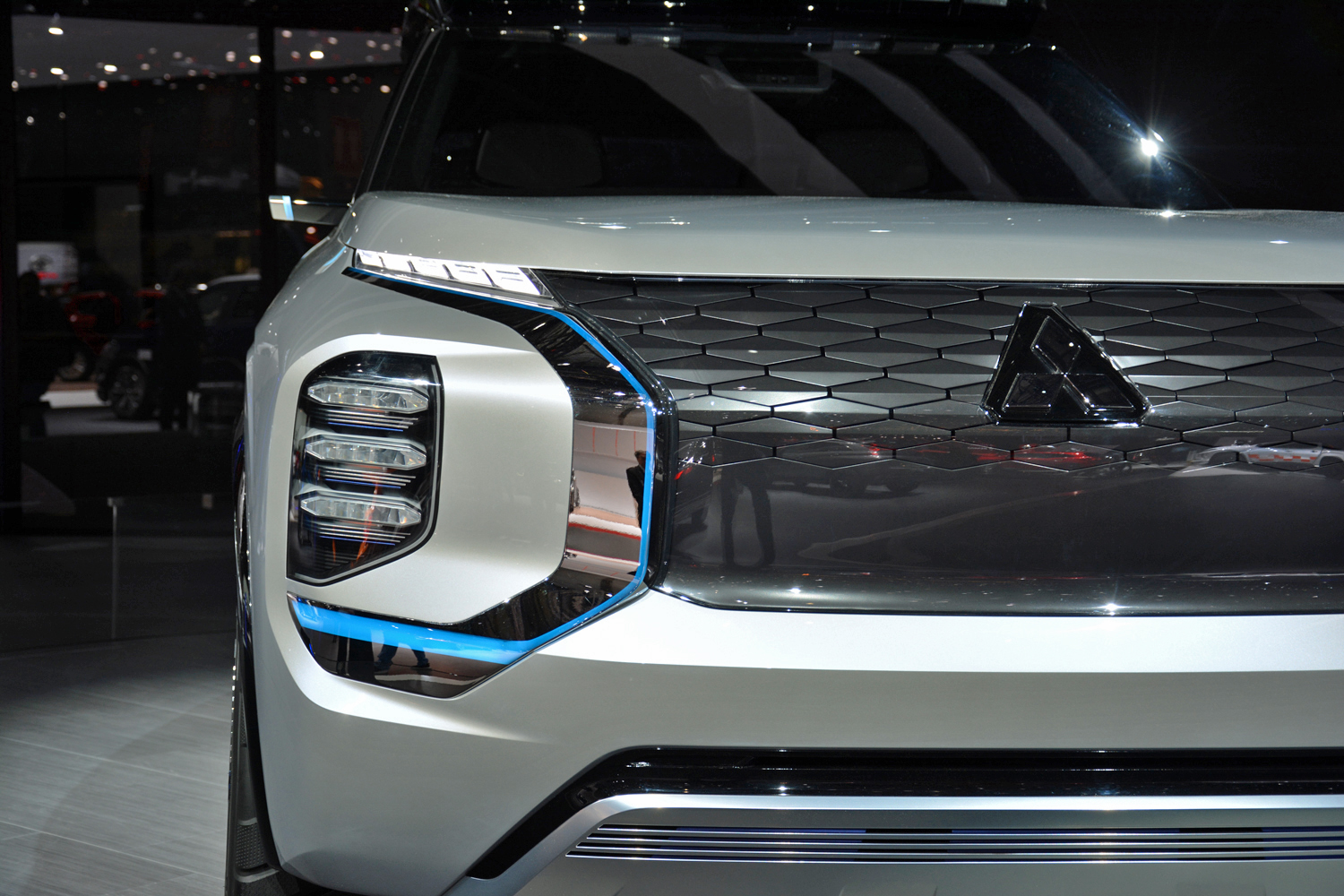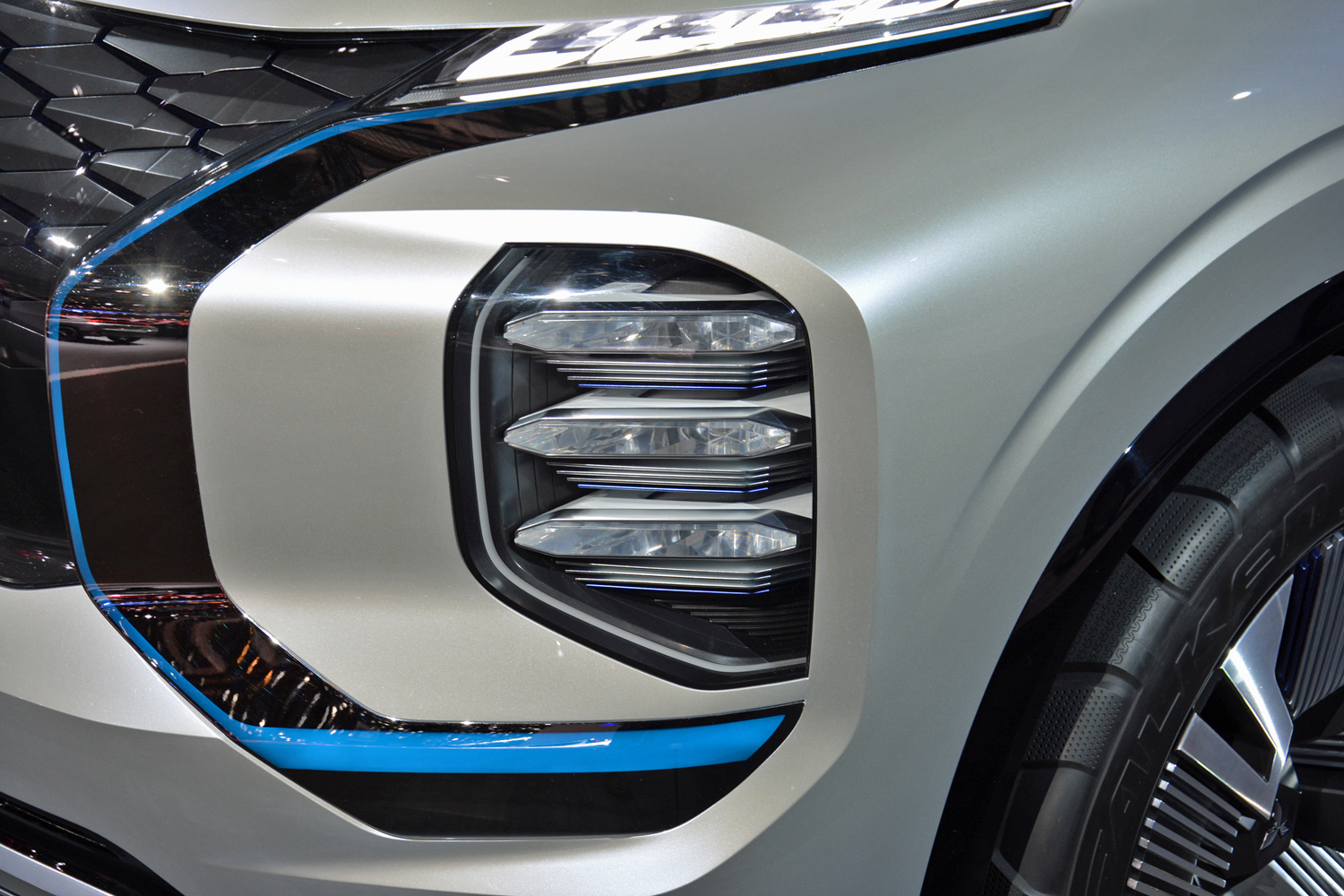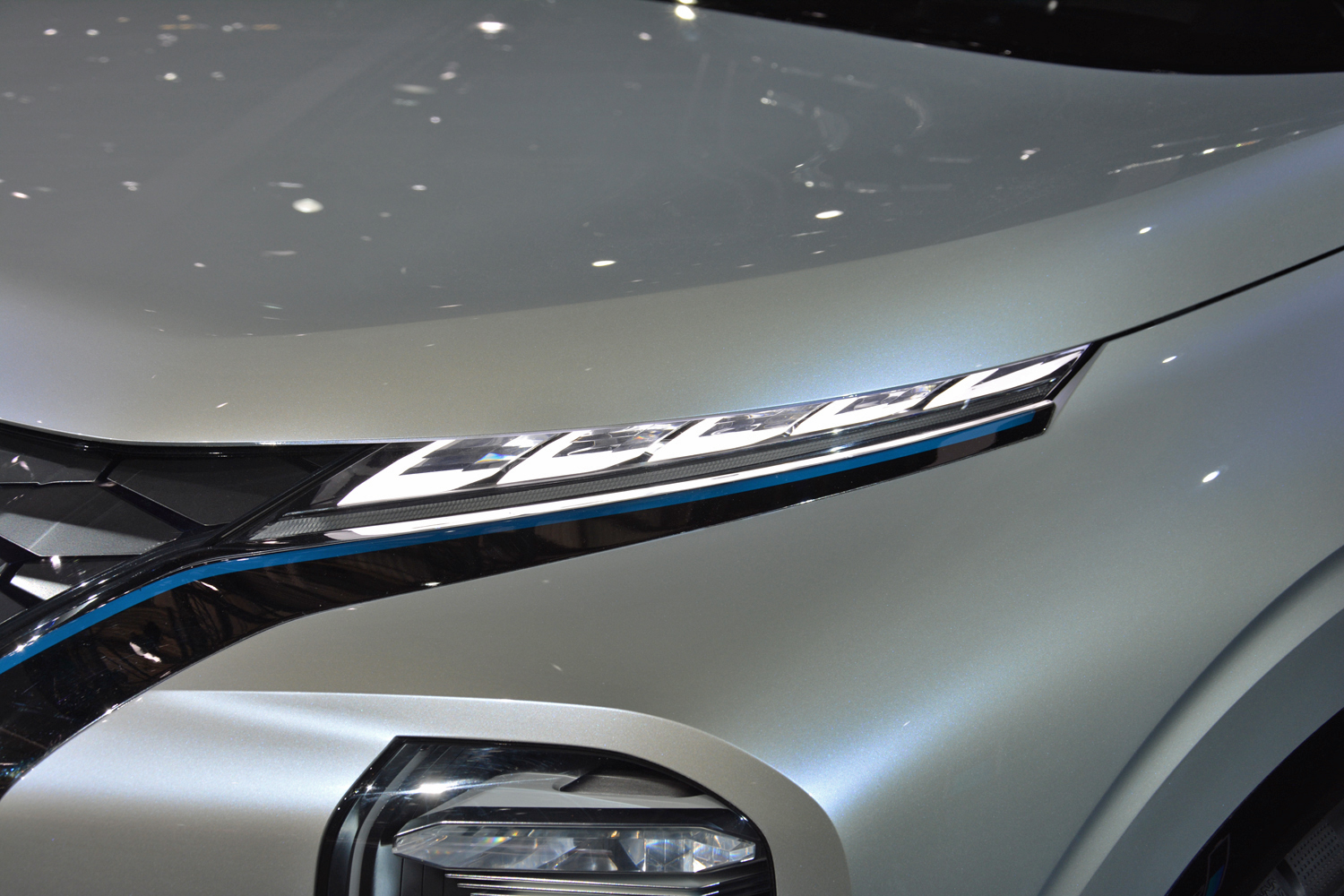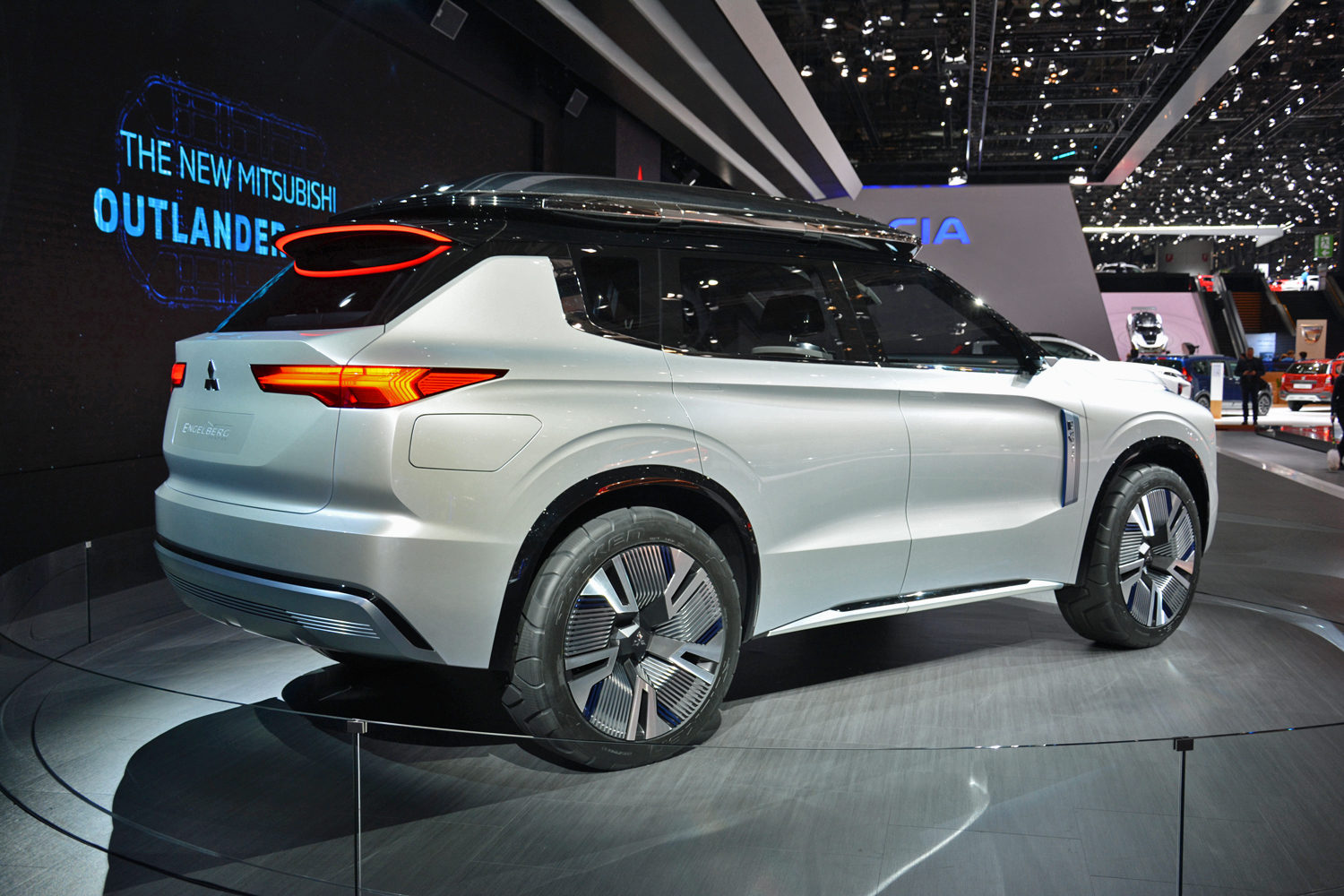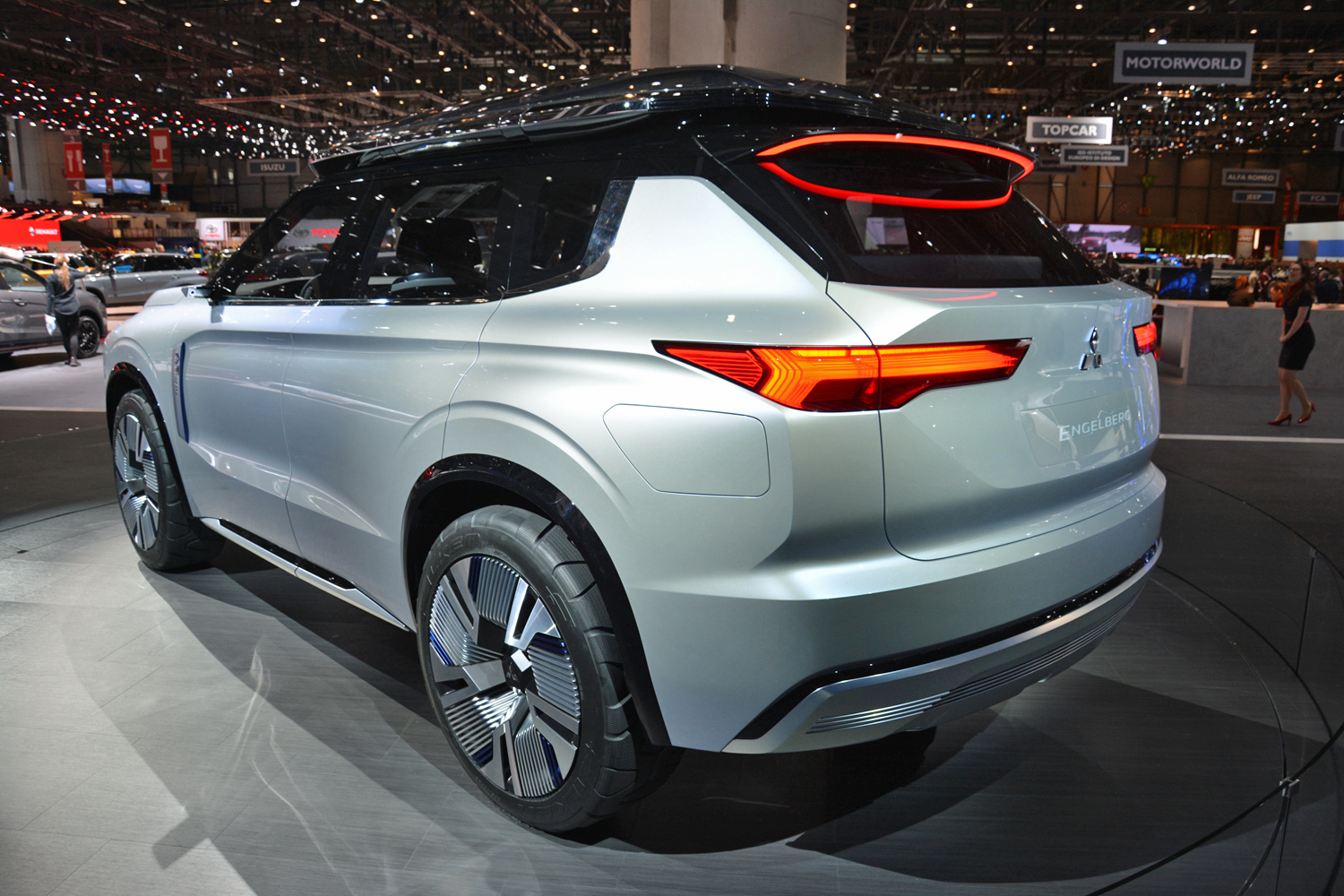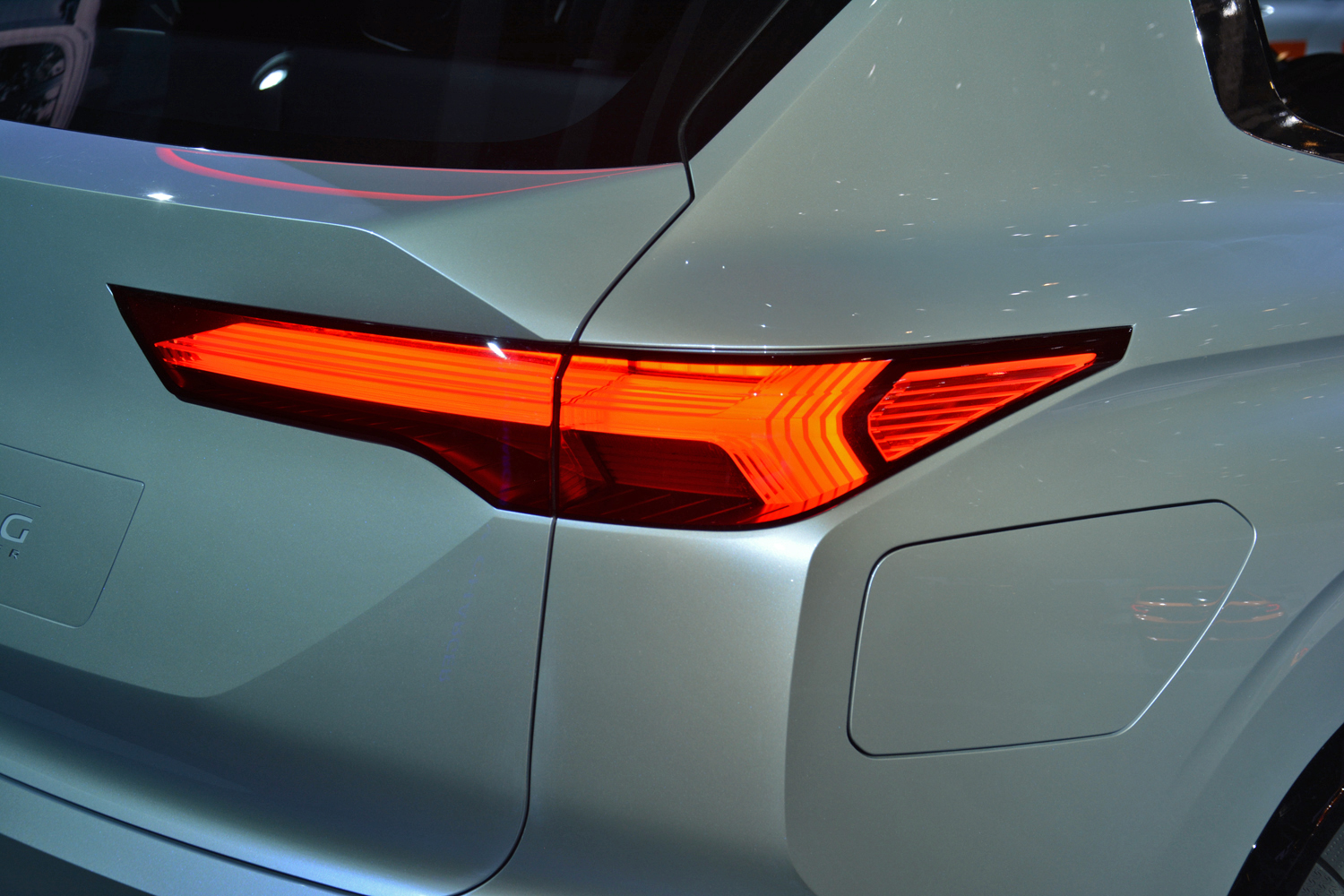Mitsubishi has a talent for designing stunning concept cars, but it usually doesn’t have the resources to put them into production. The latest concept car from the Japanese automaker is the Engelberg Tourer, an adventure-focused SUV debuting at the 2019 Geneva Motor Show. But will it be another concept that’s all show and no go?
Named after the Swiss ski resort of Engelberg, the Engelberg Tourer features bold styling typical of Mitsubishi’s recent concept cars. The burly vehicle almost looks like a futuristic version of the cult-classic Montero SUV. The Montero was an old-school off-roader that helped kickstart the SUV craze, but like all of Mitsubishi’s best models, it was discontinued years ago. Mitsubishi previously hinted at a Montero replacement with the Concept GC-PHEV and GT-PHEV, but neither made it to production.
The Engelberg Tourer features a plug-in hybrid powertrain built around a 2.4-liter gasoline engine. This is most plausible part of the vehicle, as Mitsubishi already offers a plug-in hybrid powertrain in the Outlander. Like the Outlander, the Engelberg Tourer features Super All-Wheel Control (S-AWC), which constantly adjusts electronic driving aids like ABS, traction control, and stability control to help keep the driver from crashing. The plug-in hybrid SUV can drive up to 70 kilometers (43 miles) on electricity alone, using the European WLTP test cycle, according to Mitsubishi.
Mitsubishi also offers an eco-friendly option for charging. The Engelberg Tourer features “Dendo Drive House,” which includes solar panels, a bidirectional charger, and a stationary home battery pack. Owners could theoretically charge both the SUV and the stationary battery pack using solar panels — completely avoiding grid electricity. That saves money and could potentially reduce emissions (owners don’t have to worry about the electricity for their car coming from a coal-fired power plant).
Because the Dendo Drive House charger is bidirectional, the car and stationary battery pack can also discharge stored electricity to power a house during outages, according to Mitsubishi. These systems have become a major talking point in Japan since a devastating earthquake and tsunami hit the country in 2011. Mitsubishi parent Nissan is also experimenting with the technology, which is sometimes referred to as “vehicle-to-grid,” or “V2G” for short. But regulatory issues make offering these systems in the U.S. more complicated. It’s also unlikely that the battery packs being discussed will be able to power an average U.S. home for more than a few hours.
The Engelberg Tourer, then, is a typical Mitsubishi concept car. It looks cool, and has some neat tech features, but it probably won’t go into production. Mitsubishi is steadily improving its actual production cars, but the once-mighty automaker has a long way to go before catching up with Honda, Nissan, and Toyota.
Editors' Recommendations
- BMW’s electric Concept i4 has two words for Tesla’s Model 3: Watch out
- Lincoln Corsair Grand Touring adds plug-in hybrid power
- Too hip for a minivan? Check out VW’s all-electric ID.Space Vizzion concept
- If you want to drive this electric Jaguar, you’ll have to play Gran Turismo
- The turbine-electric Mitsubishi Mi-Tech reminds us what’s great about concepts
